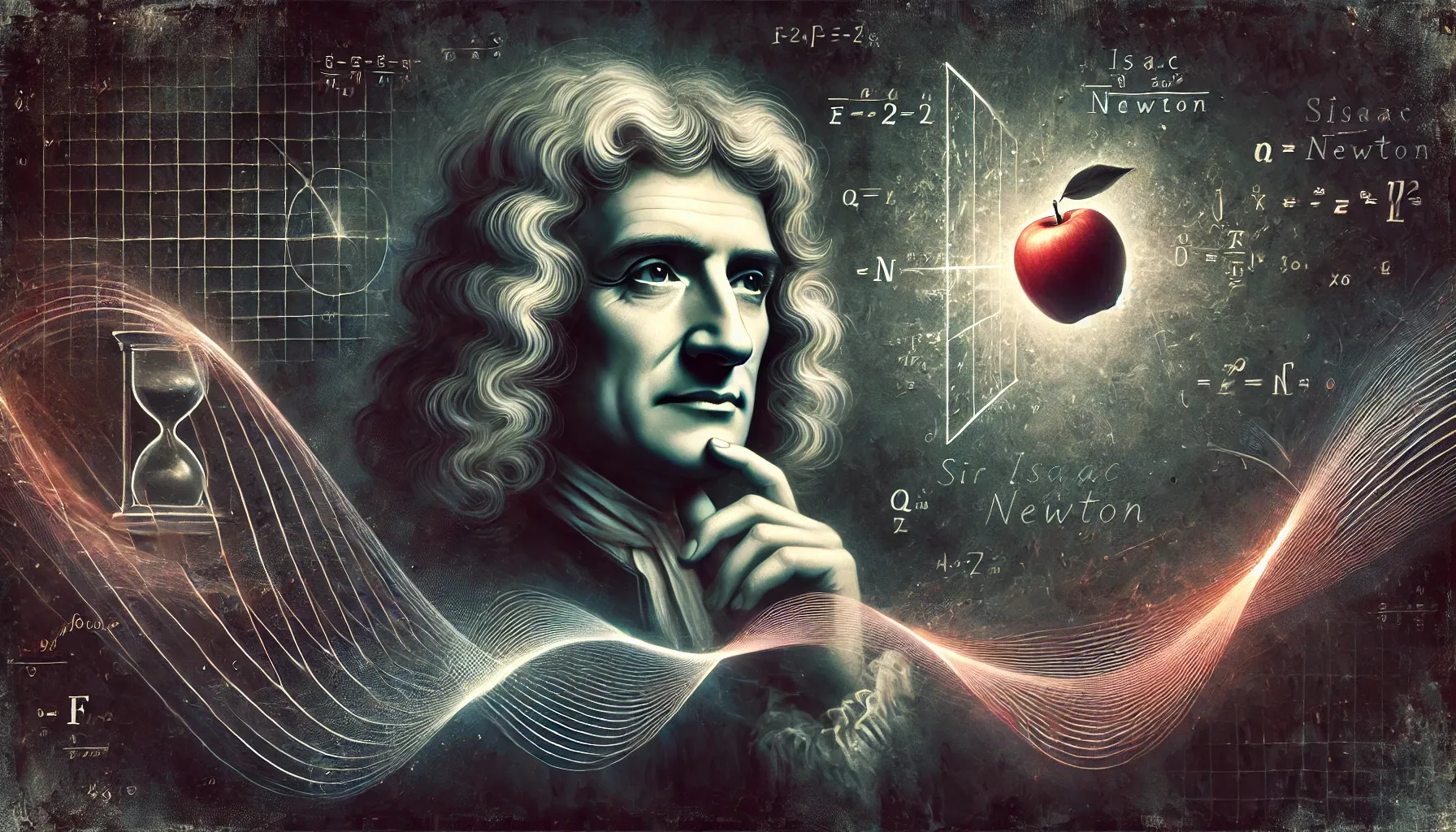Isaac Newton: A Pivotal Figure in Science and Mathematics
Last Updated
20th March, 2025
Date Published
19th March, 2025
Share This Post With Someone

Context:
Isaac Newton born December 25, 1642 [January 4, 1643, New Style], Woolsthorpe, Lincolnshire, England—died March 20 [March 31], 1727, London) (1642-1727) was an English mathematician, physicist, astronomer, and author whose work laid the foundation for modern science. His contributions to mathematics, physics, and optics have had a profound and lasting impact on various fields, shaping our understanding of the natural world.
Key Contributions:
- Laws of Motion:
- Newton formulated the three laws of motion, which describe the relationship between a body and the forces acting upon it. These laws are fundamental to classical mechanics and are essential for understanding the motion of objects.
- Universal Gravitation:
- He proposed the law of universal gravitation, stating that every mass attracts every other mass in the universe. This principle not only explained the motion of celestial bodies but also provided a framework for understanding gravitational forces on Earth.
- Calculus:
- Newton, alongside Gottfried Wilhelm Leibniz, is credited with the development of calculus. His work in this area allowed for the mathematical analysis of change and motion, which is fundamental in various scientific fields.
- Optics:
- Newton conducted extensive experiments with light and prisms, leading to the discovery that white light is composed of a spectrum of colors. His work in optics culminated in the publication of "Opticks," where he explored the nature of light and color.
- Mathematical Principles of Natural Philosophy:
- In his seminal work, "Philosophiæ Naturalis Principia Mathematica" (Mathematical Principles of Natural Philosophy), published in 1687, Newton laid out his laws of motion and universal gravitation. This work is considered one of the most important in the history of science.
- Influence on Enlightenment Thought:
- Newton's ideas contributed significantly to the Enlightenment, promoting a rational and empirical approach to understanding the natural world. His emphasis on observation and experimentation influenced subsequent scientific inquiry.
Legacy:
Newton's work has had a profound and lasting impact on various fields, including physics, mathematics, and engineering. His methodologies and principles continue to be taught and applied in modern science. Understanding Newton's contributions is essential, as they reflect the evolution of scientific thought and its implications for technology and society.
In summary, Isaac Newton's life and work exemplify the intersection of science and philosophy, making him a key figure in the history of human thought. His principles remain foundational in education and research, underscoring the importance of his legacy in contemporary studies.